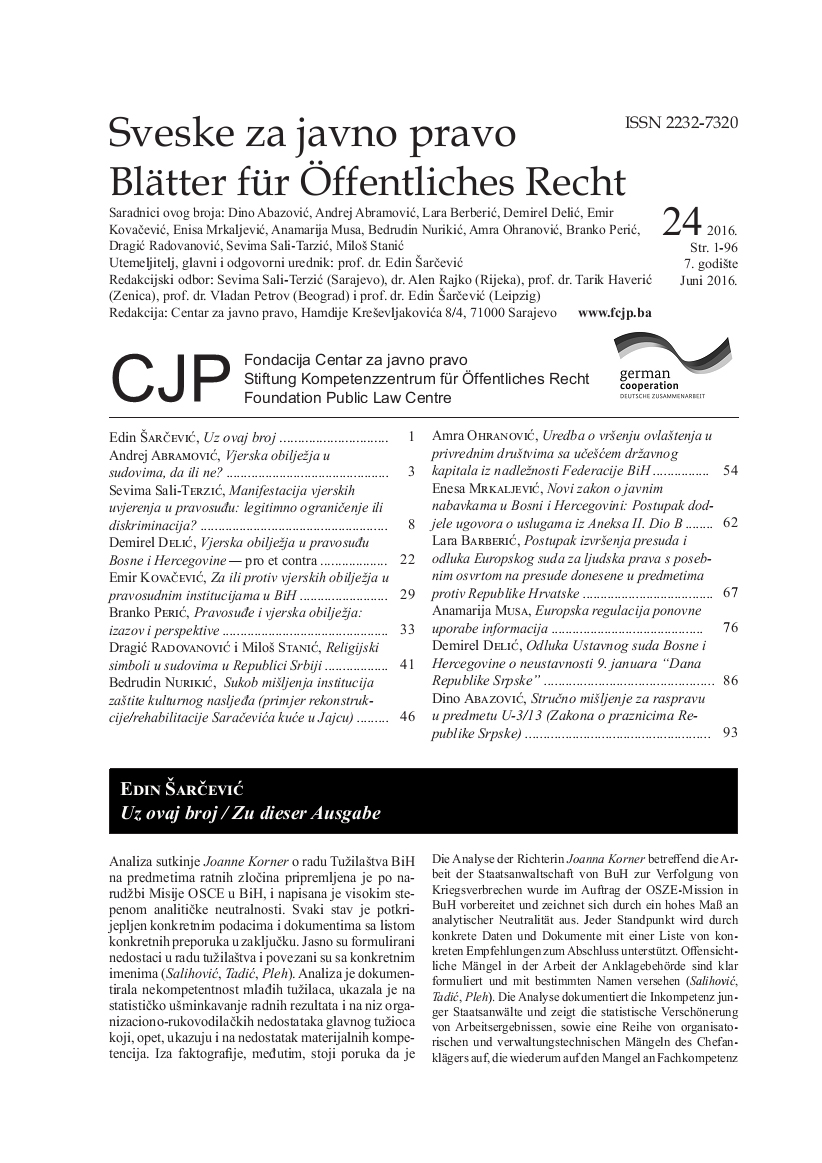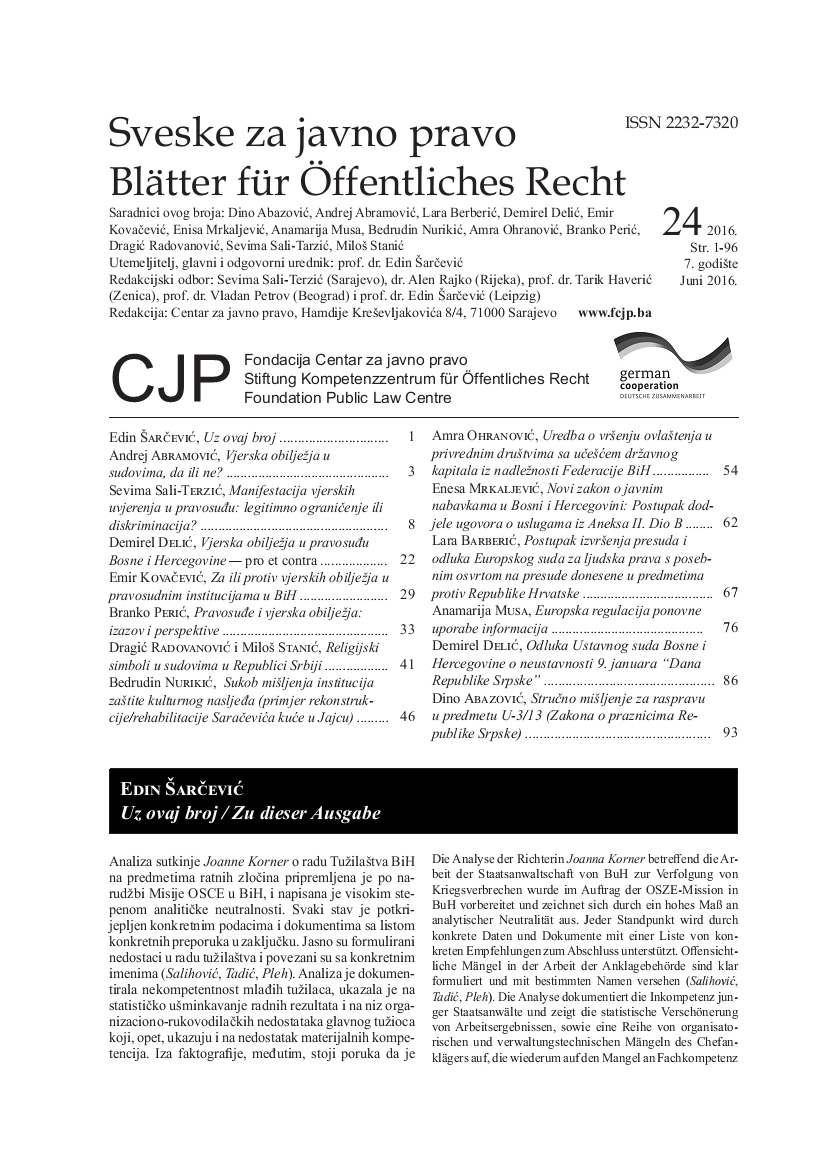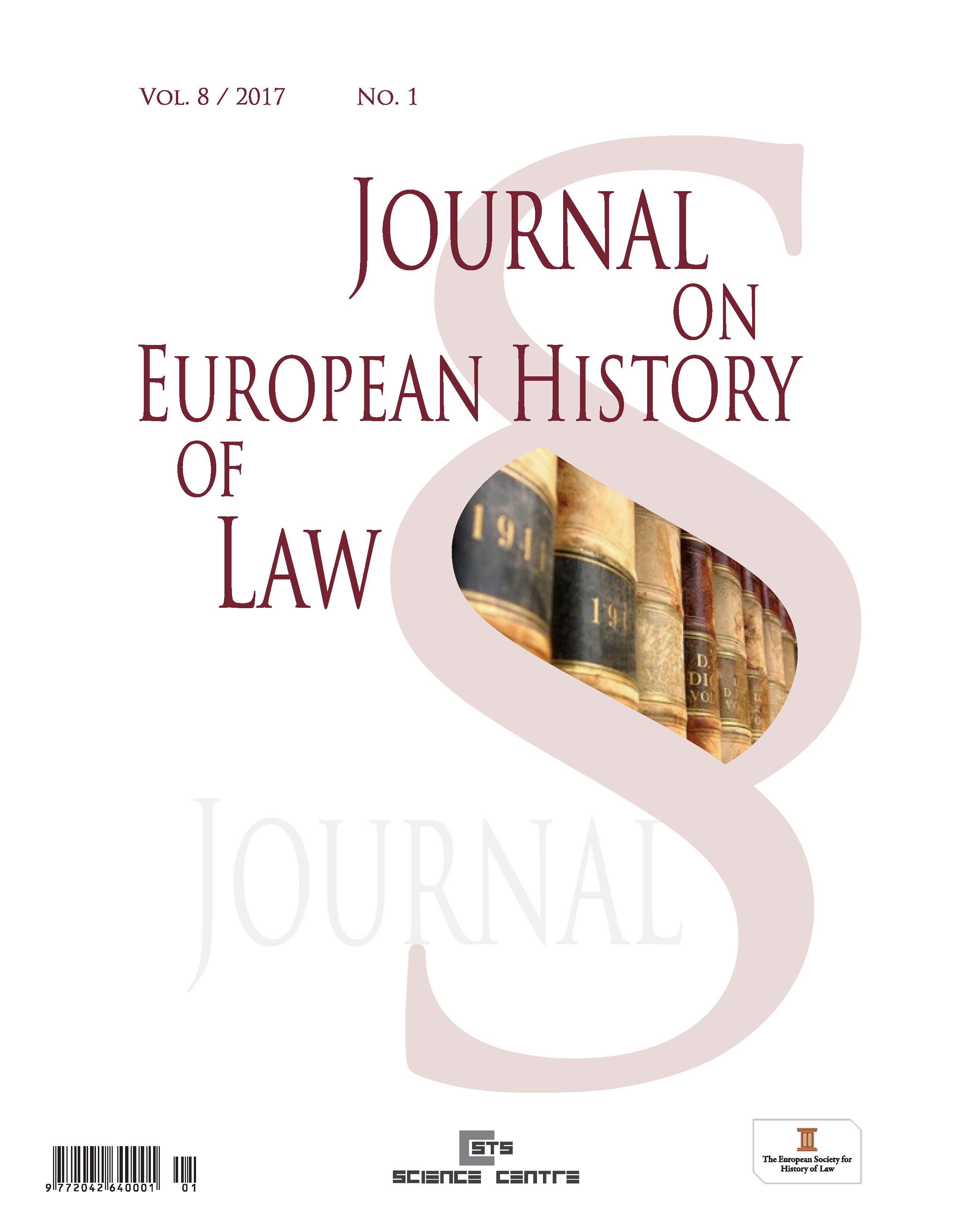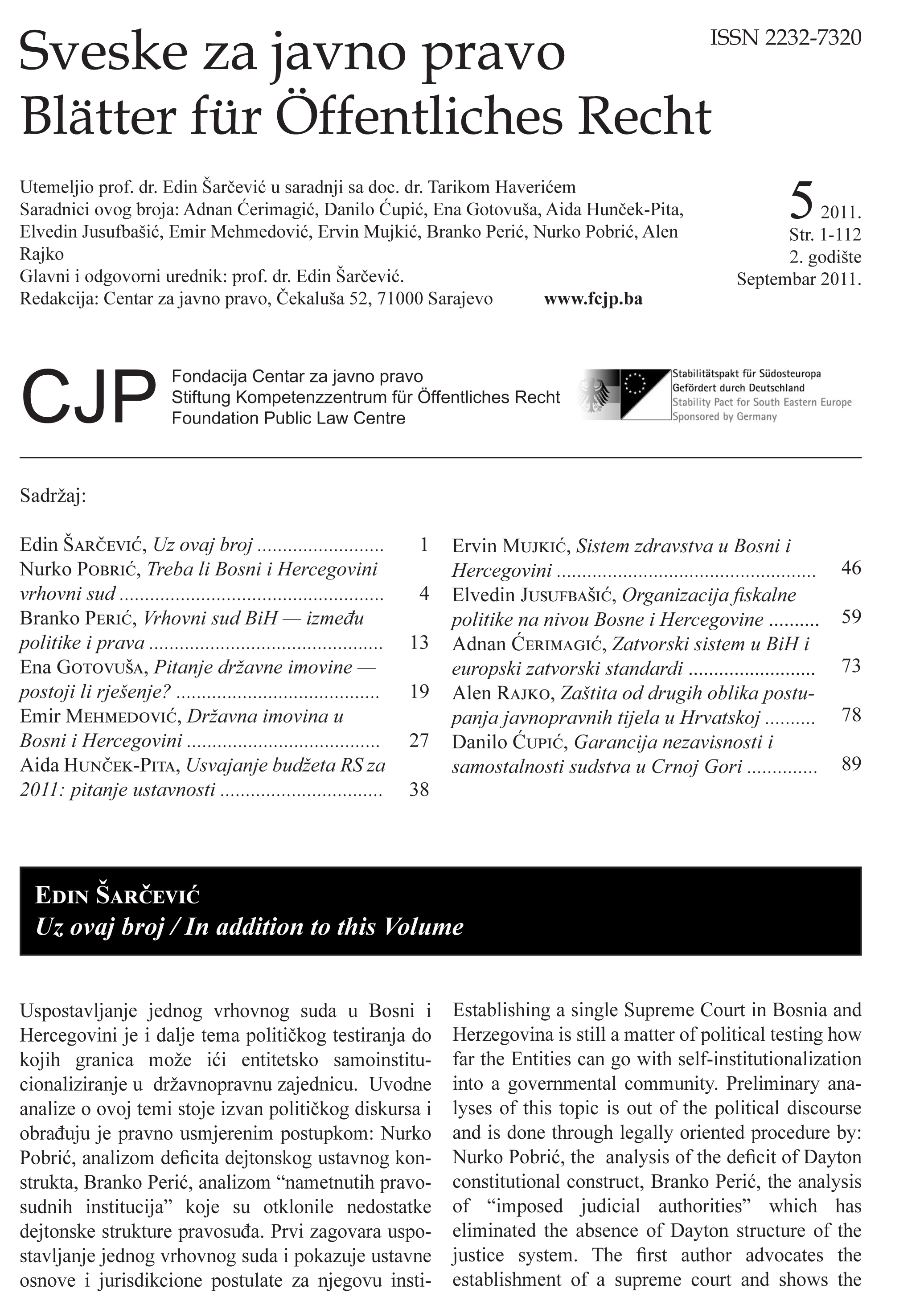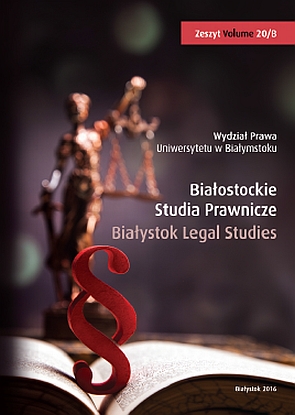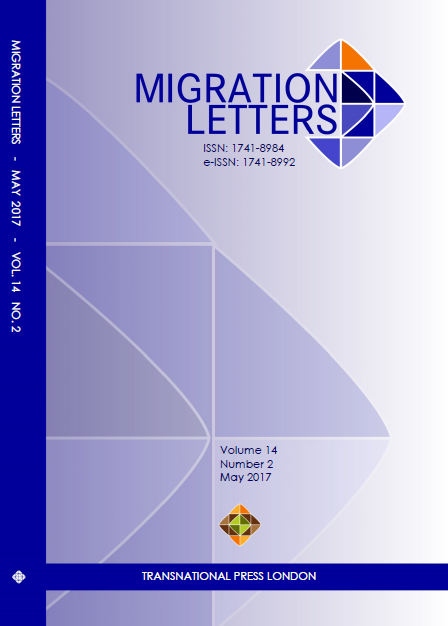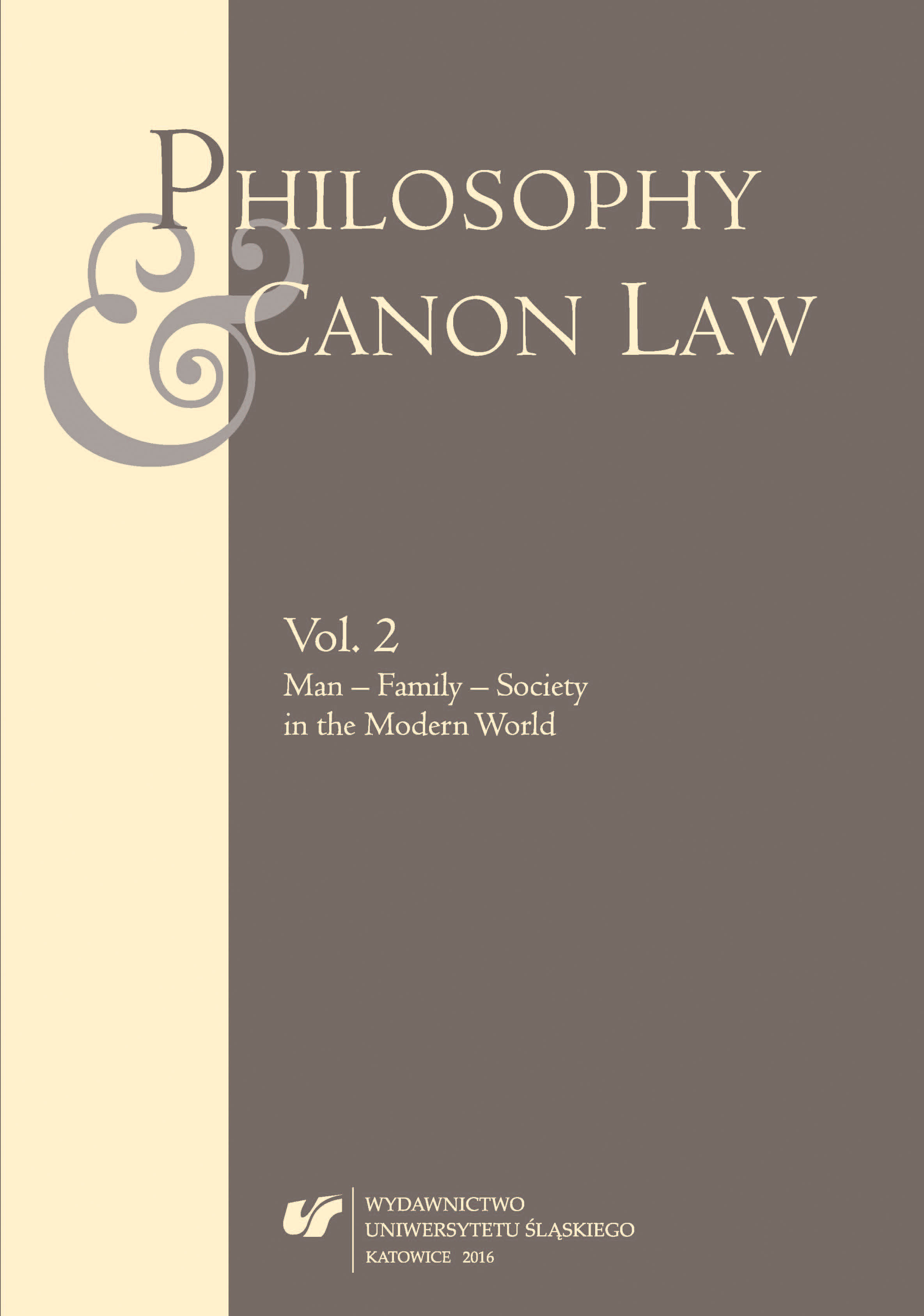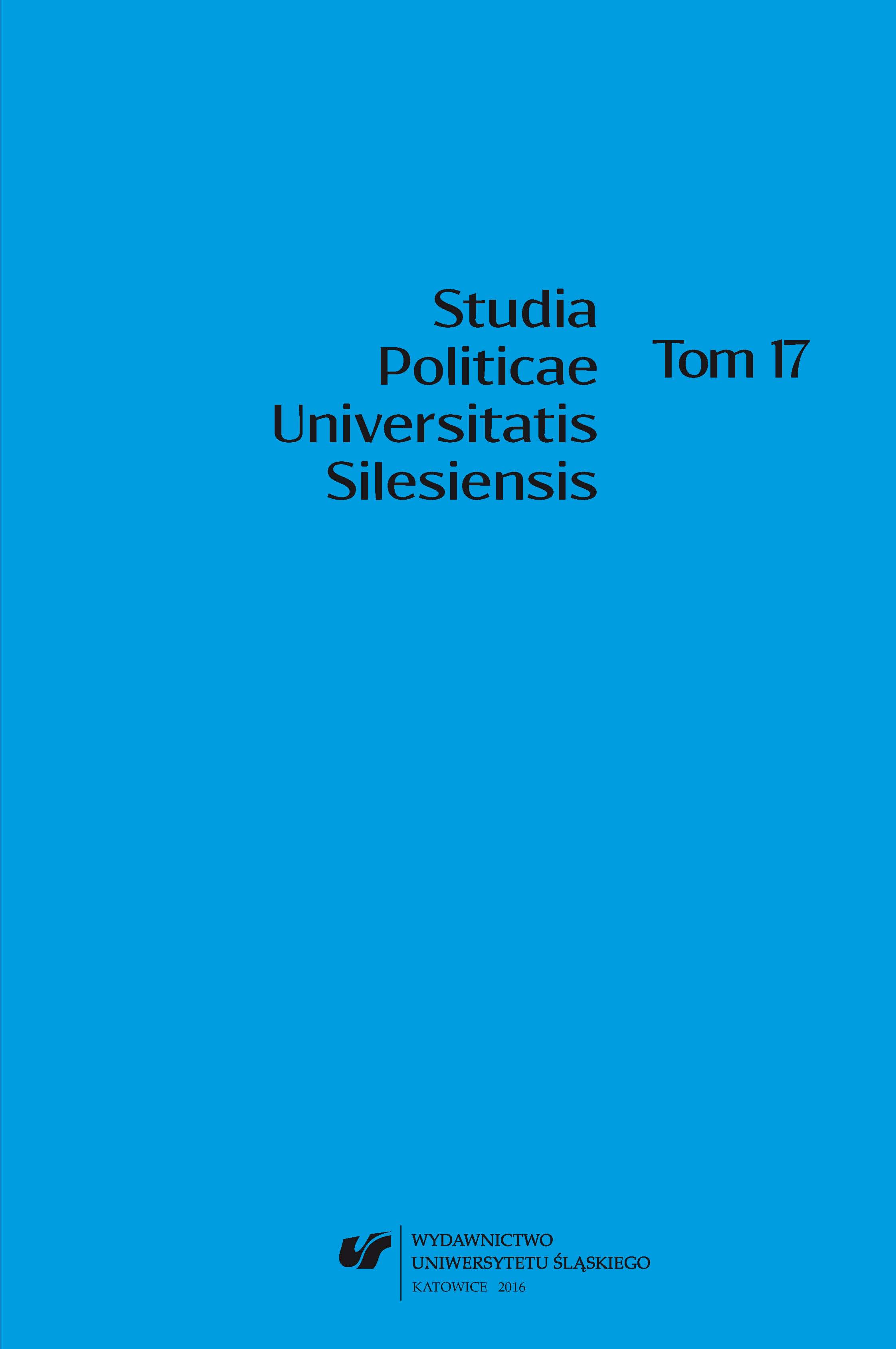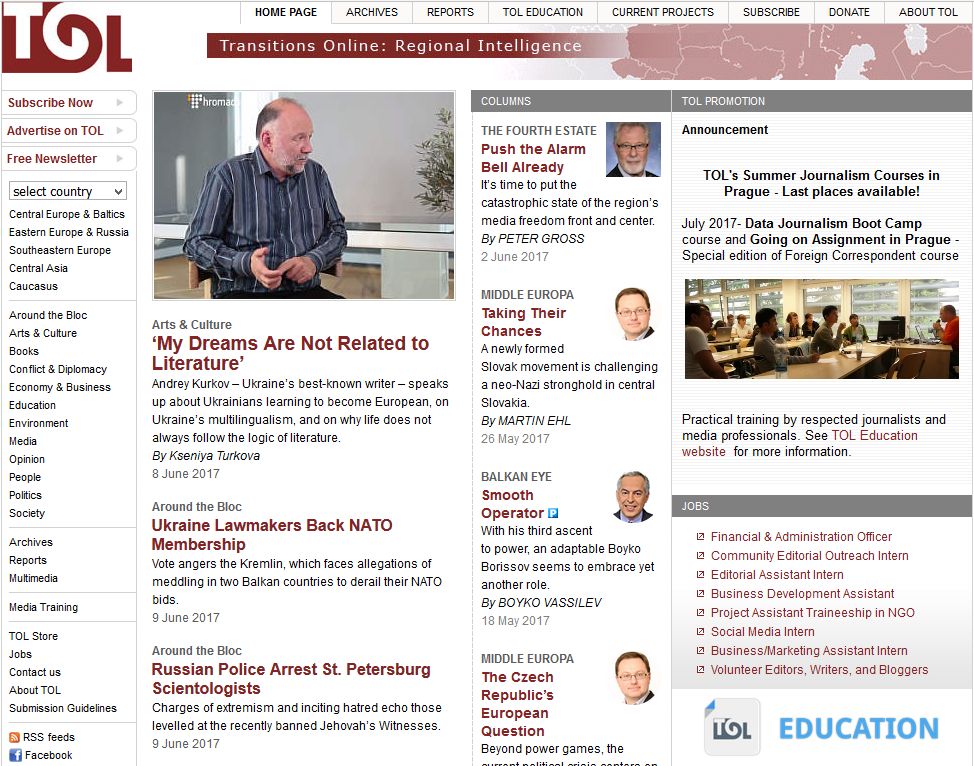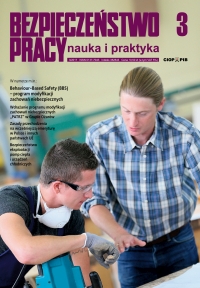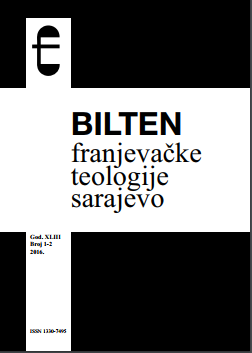Author(s): Višnja Ljubičić / Language(s): Bosnian,Croatian,Serbian
Issue: 23/2016
Nasilje u obitelji predstavlja kršenje temeljnih ljudskih prava svih žrtava bez obzira na spol, dob, status, obrazovanje, rasu, nacionalnost, spolnu orijentaciju ili materijalni položaj. Obiteljsko nasilje je ozbiljna povreda temeljnih ljudskih prava svakog člana obitelji, a osobito žena koje su najčešće izložene nasilju. U širem smislu može se smatrati i povredom cijelog društva, uključujući i buduće generacije. Nasilje nad ženama, pa tako i obiteljsko nasilje, smatra se oblikom spolne diskriminacije, sukladno Konvenciji o uklanjanju svih oblika diskriminacije žena (u daljnjem tekstu: Konvencija), te Deklaraciji Ujedinjenih naroda o uklanjanju nasilja nad ženama . Prvi međunarodni dokument koji nasilje nad ženama definira kao „rodno uvjetovano nasilje“ i „sredstvo dominacije muškaraca nad ženama“ je Konvencija Vijeća Europe o sprječavanju i borbi protiv nasilja nad ženama i obiteljskog nasilja (tzv. Istanbulska konvencija) , koja ujedno predstavlja i prvi međunarodni ugovor koji daje definiciju roda. U svjetlu navedenog, Europski sud za ljudska prava u predmetu Opuz protiv Turske (2009) se prvi put izravno bavio nasiljem u obitelji kvalificirajući ga kao rodno zasnovano nasilje (gender-based violence) i oblik diskriminacije žena u smislu članka 14. Konvencije. Zaštita žrtava nasilja u obitelji u Hrvatskoj je uređena Kaznenim zakonom, Zakonom o zaštiti od nasilja u obitelji, Zakonom o policijskim poslovima i ovlastima, Zakonom o kaznenom postupku, Zakonom o zaštiti svjedoka, Zakonom o novčanoj naknadi žrtvama kaznenih djela, Zakonom o suzbijanju diskriminacije, Zakonom o ravnopravnosti spolova, Prekršajnim zakonom i drugima. Nadalje, na snazi su i odredbe Nacionalne strategije zaštite od nasilja u obitelji za razdoblje od 2011. do 2016. godine kojom se nadležna tijela zadužuju na poduzimanje potrebnih aktivnosti u cilju zaštite žrtava nasilja u obitelji te predstavlja nadogradnju uspostavljenog sustava zaštite žrtava nasilja u obitelji. Isto tako, na snazi su i odredbe Protokola o postupanju u slučaju nasilja u obitelji koji sadrži niz precizno određenih mjera nadležnih tijela u njihovom postupanju te oblike, sadržaj i način suradnje tijela koja sudjeluju u otkrivanju i suzbijanju nasilja i pružanju pomoći i zaštite osobi izloženoj bilo kojem obliku ili modalitetu nasilja u obitelji (policija, centri za socijalnu skrb, zdravstvene i odgojno-obrazovne ustanove, pravosudna tijela).
More...

